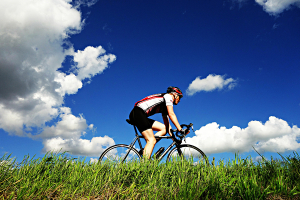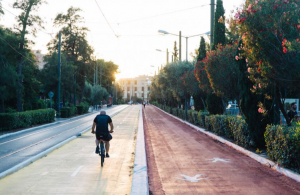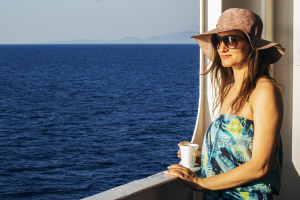BUSINESS CENTRE
XpatAthens
Chaplain Of Greater Athens To Be Awarded MBE
Terms of Payment
Some of the services offered by XpatAthens have a fee associated. The services that require payment are as outlined below. Prices for these services can be found here.
- a) Listing a business or service in our Directory.
- b) Listing a property in Accommodation.
- c) Listing events, courses, workshops, or tour experiences in What’s On.
- d) Listing items in our Classifieds.
- e) Listing products in our eshop (not yet available).
For your convenience, in order to pay for the above services, XpatAthens has partnered with Viva Payments for secure online payment.
Viva Payments Services SA is a licensed e-money institution for operations in the EEA-31 region by the Bank of Greece. Viva Payments ensures speed, quality and security for every transaction. The modes of payment available on XpatAthens via Viva Payments are as outlined below. Note, you are not required to have an account with Viva Payments in order to complete a transaction on XpatAthens.
The following methods of payment are available:
- Credit Card. Having requested to make payment by credit card, once redirected to Viva Payments’ secure payment page insert the necessary data. Once you have submitted the payment, you will receive an email from Viva Payments confirming the transaction.
- Bank Transfer. Having requested to make payment by bank transfer, once redirected to Viva Payments’ secure payment page insert the necessary data. Once you have submitted the payment, you will receive an email from Viva Payments confirming the transaction.
- Viva Wallet. This payment method requires that you have an active Viva Wallet account. Having requested to make payment via Viva Wallet, the funds will be transferred from wallet to wallet.
If you prefer to make payment directly to XpatAthens (you do not want to use the secure online payment provided by Viva Payments) please send us an email to admin@xpatathens.com outlining the services you are interested in paying for and we will provide you with an alternative payment method.
Important Additional Information:
- All of the Euro amounts outlined on the applicable submission pages of each service (directory listing, event post, etc) include the applicable 24% VAT.
- The requested service (directory listing, event post, etc) will be available online at www.xpatathens.com only once full payment has been confirmed. You will receive an email from XpatAthens once your submission is online.
- In accordance with Law 2251/1994 on Consumer Protection, as amended and currently in force, the customer has the right of withdrawal from the transaction without justification within 14 days. We ask that you inform us of your request for refund by email at admin@xpatathens.com.
- XpatAthens is registered in Greece. For complete company details, please email the request to info@xpatathens.com.
Spiros Gianniotis Wins Silver For Greece In 10k Open-Water Swimming At Rio Olympics
To read this article in full, please visit: Greek Reporter
Costa Navarino Is Getting Ready To Host The First ‘Ironman’ Race In Greece
A Local’s Guide To Keramikos
Rebecca Camhi moved to Keramikos in 2008, long before the gentrification of this gritty, graffiti-lined neighbourhood kicked in. She lives in a sky-blue townhouse that doubles as a gallery and design shop, selling one-of-a-kind ceramics, jewellery, kaftans and cushions. “The area is changing rapidly,” says Camhi. “It’s full of incredible abandoned buildings that are ripe for restoration.” Slowly, these derelict houses and mid-century apartments are being converted into galleries, workshops, bars and restaurants, popping up among the Egyptian hookah bars, no-frills Cretan meze joints, and Chinese grocers. “Visiting artists love the area,” says Camhi. “It’s fresh and different, edgy, scruffy, and even a little seedy in parts, not so exposed to tourists. It’s also one of the most diverse neighbourhoods in Athens, opening up an exciting new chapter in the city’s history.”
Galleries
Take a day to wander around the galleries in Keramikos. A couple of blocks from my gallery, The Breeder is a beautiful space designed by the architect Aris Zambikos and the shows are just as cool. Atopos CVC is a multi-disciplinary space in a neoclassical building and there’s always lots going on there. The Municipal Art Gallery, once a silk factory, is home the city’s modern art collection. Most galleries are closed Sunday and Monday and some spaces are only open by appointment, so check before you go.
Seychelles
I always take visitors to this restaurant and they always love it. In the summer, you can sit outside on Platia Avdi, a huge square that’s the heart of the neighbourhood. Be patient; you may have a long wait for your food, but it will be worth it. They serve Greek dishes with a twist, including an amazing selection of Greek cheeses. Seychelles is open for lunch or dinner but do book ahead—it’s packed even on a Monday night. You can always have a drink at Ble Papagalos, a café-bar across the square, while you’re waiting for a table.
Address: 49 Keramikou, Keramikos, 104 36
Telephone: 211 1834789
Tamarind
After a week of feta and grilled fish, you might be in the mood for something spicier. This cosy, unpretentious Thai place, run by the lovely Angela, has great atmosphere and service. The green curries are divine.
Address: 51 Keramikou, Keramikos, 104 36
Telephone: 210 5225945
Chorologie
This fantastic dance school is run by professional dancers and choreographers with international careers. You can take ballet, jazz and contemporary dance lessons with incredible views of the Parthenon from the studio. If you’re into dance, also check out the Arroyo Nuevo flamenco school nearby, a beautiful loft space in an old car-repair shop.
Address: 76 Peiraios, Keramikos, 104 35
Telephone: 210 5231060
Sto Vathos Kipos
If you’re renting a place with a kitchen, stock up on organic produce at this cute, bright orange store run by two brothers, Loukas and Stefanos Skoulikaris. I do all my grocery shopping here. Look out for the organic loaves from Betty’s Bread. The name of the shop means 'garden at the rear', and there really is a secret garden behind the shop. If you’re into fresh, local produce, do check out the farmer’s market every Tuesday.
Address: 99 Keramikou, Keramikos, 104 35
Telephone: 213 0235776
Latraac Skate Park
This skate bowl has a little café in the yard that does a really good Sunday brunch. You can eat poached eggs and pancakes while you watch the skaters showing off. This unique spot in Athens is the brainchild of architect Zachos Varfis, who designed Athens' first skate bowl using floor wood from an old building and site debris. Latraac frequently hosts DJ sets and you never know which famous skateboarder you'll find whirling on its track.
Address: 63-64 Leonidou, Keramikos, 104 35
Telephone: 213 0453377
This content was originally published on This is Athens
How To Green Up Your Stay In Athens
In short, everywhere. Greeks will always love their meat, but sticking to a plant-based diet in Athens is surprisingly simple. Most tavernas serve hearty vegetarian staples such as pites (pies with fillings like spinach, horta wild greens or mushroom, and ladera (veggies cooked in fresh tomato sauce and olive oil).

Want a break from tavernas?

Where to food shop sustainably
Every Athenian neighbourhood has a weekly laiki, so just ask a local when and where. For a buzzy atmosphere with street musicians, venture to the Kallidromiou Street laiki (every Saturday morning in Exarchia).
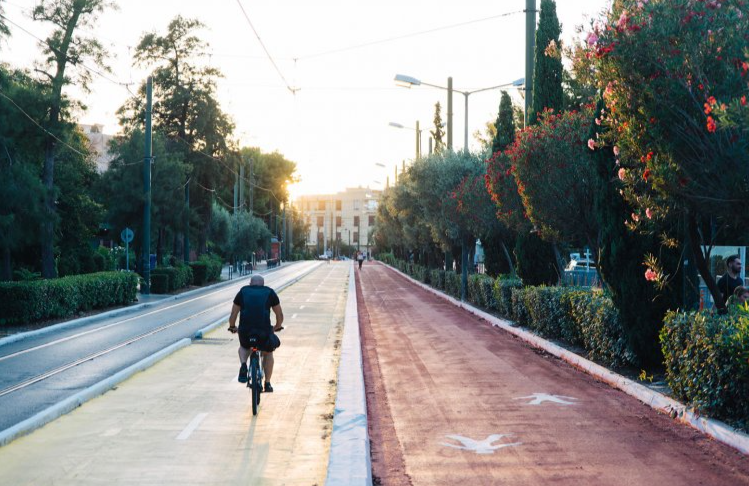
Direct Flights From Canada To Athens Starting April 2
The announcement followed a meeting between Greek Tourism Minister Vassilis Kikilias and Canada’s Ambassador to Greece Mark Allen at the ministry in Athens.
According to the tourism ministry, Canada’s direct flights to the Greek capital will be carried out for the first time until the end of November, as opposed to previous years when they usually stopped in October.
Minister Kikilias welcomed the development, which he said, combined with the recent lifting of the Covid-19 test requirement for fully vaccinated travelers from Canada, is expected to attract more visitors from the Canadian market.
On his part, Ambassador Allen informed the Greek minister of Tourism that Canada was adjusting its Travel Health Notice from a Level 3 to a Level 2, meaning that the government will no longer recommend that Canadians avoid travel for non-essential purposes.
According to the Public Health Agency of Canada, the Government of Canada will begin a phased easing of travel restrictions as of February 28.
Originally published on: news.gtp.gr
Greece Tops The List of Mediterranean Countries For Tourist Satisfaction
The so-called general satisfaction index (GRI), based entirely on customer feedback, is especially encouraging for Greek tourism, as it continues to recover from two years of disruption due to the Covid-19 pandemic.
Calculated by ReviewPro and processed by the Institute of the Greek Tourism Confederation (INSETE), the GRI for Greece in 2022 was 87%, with Cyprus in second place at 85.6%. The index, which gathers its data from hundreds of social media platforms, hotel review websites and online travel agents, analyzes a range of comparative indicators, inlcuding hotels, service, food and drink, entertainment, hotel cleanliness, location, and value-for-money. A score above 80% indicates a positive experience.
While Greece continues to top the general satisfaction index, it is facing stiff competition in other categories from some of its closest neighbours, including Cyprus, Italy, Croatia, and Turkey.
As of November this year, while Greece ranks first in general satisfaction for hotels (86.8%) and service (89.1%), for example, Cyprus snatched first place for hotel cleanliness (91.8%), and Turkey topped the food and drink category (84.3%). Greece achieved third place in both categories, with scores of 90.6% and 82.7% respectively.
Turkey also topped this year’s list for location (90.4%) and value-for-money (86.8%), with Cyprus in second place in both. As other countries continue to narrow the gap, it’s clear that those working in the Greek tourist industry will need be at the top of their game as we head into 2023.
Originally published on: greece-is.com
Aristotle Onassis's Boeing 747 Lands In Hellinikon's History
Originally published in Greek, on: skai.gr
Beyond the Beach: 6 Unexpected Summer Activities In Greece You’ll Never Forget

@eirini__30
2. Chase Waterfalls in Northern Evia or Pelion
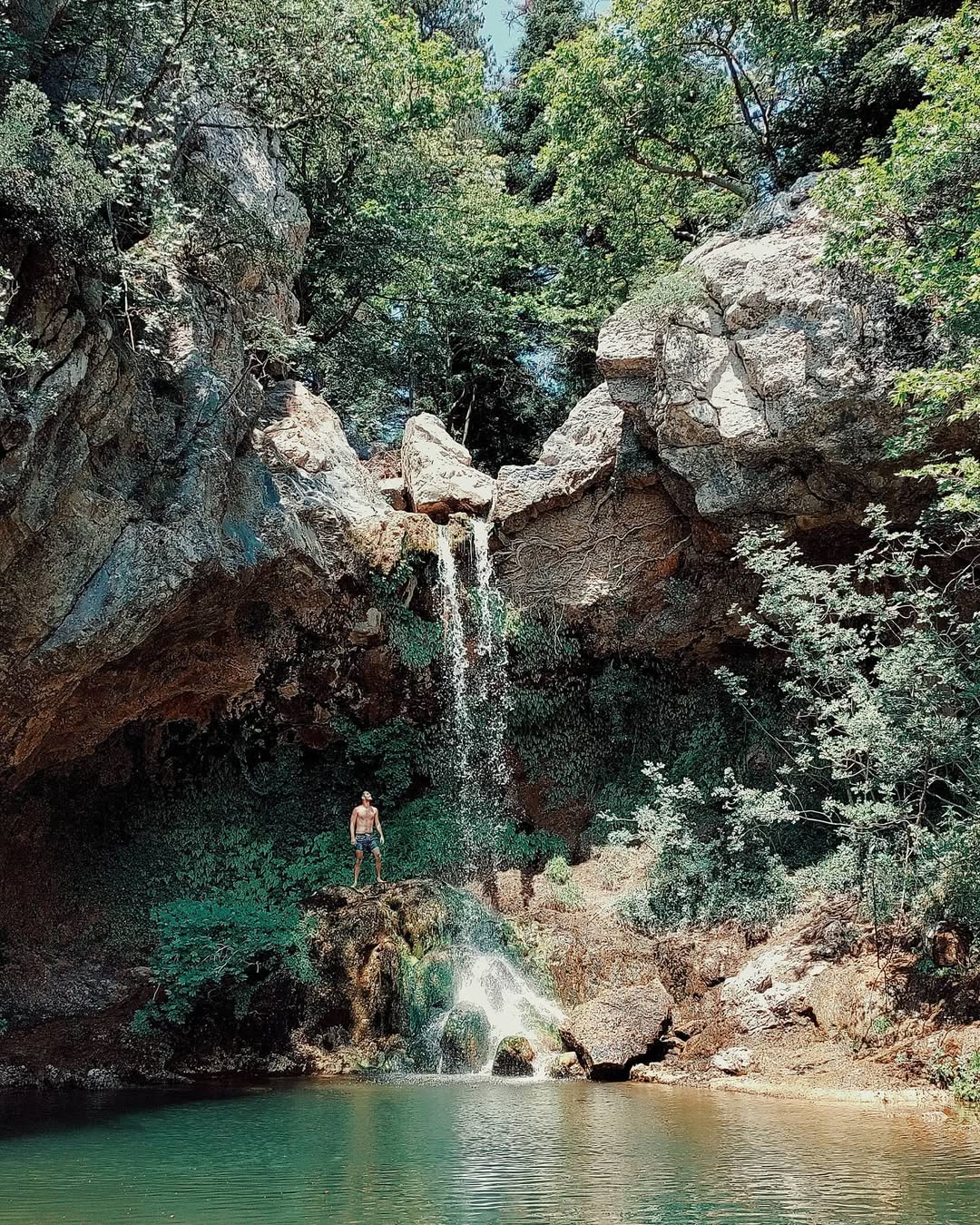
@analytis.mp3
Greece is more than islands; it’s full of lush gorges and waterfalls. Cool off in natural rock pools shaded by plane trees, just a few hours from Athens.
Try: The waterfalls of Drymonas in Evia or Tsagarada’s Fakistra Waterfall in Pelion. Ideal for a day trip with a picnic.
3. Watch a Film Under the Stars at a Greek Open-Air Cinema

@yuksel_pecenek
It’s not just a movie; it’s a ritual. With a breeze in your hair, jasmine scent in the air, and a cold drink in hand, Greece’s θερινά σινεμά (summer cinemas) are pure nostalgia.
Where to go: Cine Thisio in Athens, with the Acropolis glowing behind the screen, or Cine Kalisperitis in Kimolos.
4. Learn Pottery in Sifnos, the Island of Clay

@mrchrissharples
Sifnos is a hub of ceramic art. Sign up for a pottery workshop with a local artist, and get your hands into the same clay that’s been shaped for centuries.
🏺 Best studios: Atsonios or Peristeriona in Kamares.
5. Spend the Night in a Treehouse in Evritania

@dimvsd
Karpenisi in summer, transforms into a green paradise, filled with rivers, forests, and cool mountain air. One of the most magical ways to experience it? Sleeping in a treehouse nestled among fir trees.
Surrounded by nature, you can swing in a hammock, wake up to birdsong, and fall asleep under the stars. It’s the kind of stay that makes you feel like a kid again, whether you're with family, your partner, or on a solo recharge.
6. Spend the Night in a Monastery on a Remote Island

@jcamatsos
If you're craving silence, introspection, or just a break from modern chaos, spend a night (or two) in a working Greek monastery. Many are open to respectful visitors in the summer months, offering basic lodging, shared meals, and early-morning liturgies.
It’s not about religion but about stillness, starlit courtyards, stone cells cooled by mountain air, and waking to the sound of chanting echoing through the hills.




